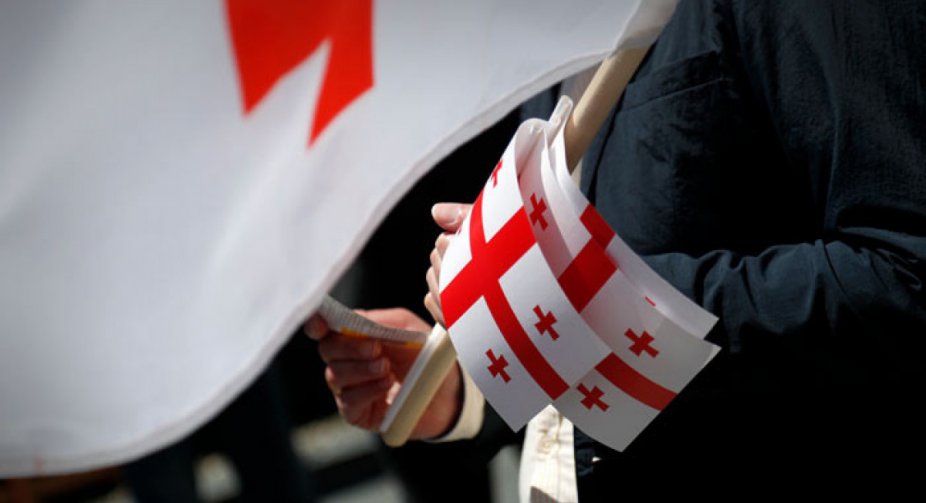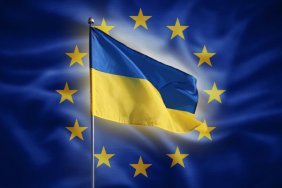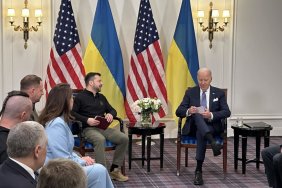Several EU countries are calling for sanctions against Georgia, including the suspension of the visa-free regime. This was reported by the Financial Times, citing sources.
In particular, Estonia, the Netherlands, the Czech Republic, and Sweden want this. They are dissatisfied with the new law on foreign agents and associate it with Russian influence.
The restrictions, which also include personal sanctions and freezing of EU funds, will be discussed at a meeting of EU foreign ministers next week.
Sources claim that the law could stop Georgia's EU accession process.
“However, the Europeans do not intend to rush, for fear of harming ordinary Georgian citizens who are protesting the law, wrapped in EU flags,” the publication writes.
There are supporters of Georgia's course in Europe, such as Hungary, which has passed a similar law.
As a reminder, the United States is preparing a bill that provides for either sanctions or support for Tbilisi, depending on the further actions of its authorities regarding the law.
It is worth noting that earlier the Georgian authorities accused the United States of trying to organize a revolution and set conditions for the repeal of the law on foreign agents.
“Since November 2020, the US authorities have twice tried to start a revolution in Georgia. The improvement of Georgian-American relations depends entirely on the correct actions of the American side. To do this, it is necessary not to make promises with a completely vague perspective and offensive blackmail, but to show respect for the Georgian state and the Georgian people,” the party said in a statement.
The statement goes on to list the conditions for the United States, after which “no law on NGO transparency will be needed”: visa liberalization and a free trade agreement “without any conditions”; investment; “changing the behavior of NGO members,” in particular, “abandoning revolutionary plans”; and the start of negotiations on EU accession.






